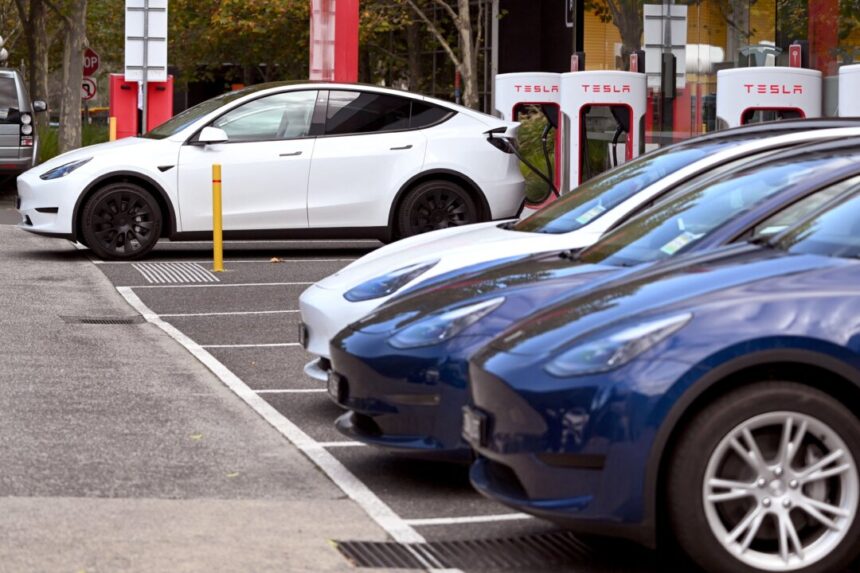James Voortman, the CEO of the Australian Automotive Dealer Association (AADA), expressed concerns about the impact of rapid depreciation on the customer experience and the challenges it poses for dealers.
During a parliamentary committee hearing on the transition to electric vehicles (EVs), Voortman highlighted rapid depreciation as a significant barrier preventing Australian motorists from embracing this new technology.
In addition to issues such as higher prices, insurance costs, and limited charging infrastructure, Voortman emphasized that the quick loss of value in EVs deterred consumers from making the switch.
Voortman acknowledged that while rapid depreciation is a common occurrence for new vehicle technologies, the current depreciation rates contribute to a negative customer experience and create difficulties for dealers when customers look to trade in their used EVs.
The CEO noted that consumer awareness of EV depreciation has grown in recent years, making it challenging to change their perceptions. He also pointed out that the problem is exacerbated by aggressive discounting from EV manufacturers who sell directly to consumers without involving dealers.
According to Voortman, this discounting strategy can lead to immediate price drops after a purchase, affecting the resale value of used EVs and making potential buyers hesitant.
A 2023 AADA report highlighted that used EVs under two years old experienced an average depreciation of 15.6 percent, while those between two and four years old depreciated by 23.4 percent. In comparison, petrol and diesel vehicles of the same age range depreciated by 11.9 percent.
Furthermore, the report revealed that used EVs took an average of 75 days to sell in December 2023, the longest time compared to other types of vehicles in the second-hand market.
Support for Later EV Adopters
Professor Ross Gordon from the University of Technology Sydney and a government advisor raised concerns about the government’s support measures for the EV transition, noting that early adopters often benefit more from incentives than later adopters who face greater barriers.
Gordon emphasized the need for additional support for later adopters, who may require more assistance due to economic, social, or cultural factors. He suggested that policies should consider the specific challenges faced by those making the transition at a later stage.
Furthermore, Gordon advised against neglecting individuals who cannot afford a vehicle in the government’s EV transition strategy, highlighting the importance of ensuring access to transportation options for all Australians.
Please rewrite this sentence.
Source link




